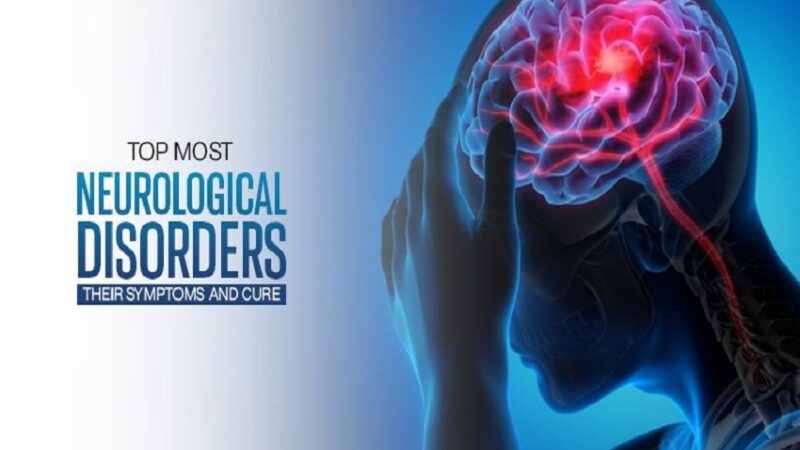The Physical and Mental Effects of Alcohol Withdrawal

Alcohol withdrawal is a serious condition that occurs when a person abruptly stops drinking after prolonged alcohol use. It can lead to a range of physical and mental symptoms, some of which can be life-threatening. In this article, we will discuss the physical and mental effects of withdrawal from alcohol.
Physical Effects
The physical effects of alcohol withdrawal can range from mild to severe, and can vary depending on the individual’s level of alcohol use and length of time they have been drinking. Some of the common physical symptoms of alcohol withdrawal include:
- Tremors or shaking
- Nausea and vomiting
- Headaches
- Sweating
- Increased heart rate and blood pressure
- Seizures
Delirium tremens (DTs)
DTs is a severe form of alcohol withdrawal that can be life-threatening if not treated promptly. It usually occurs within 48-72 hours after the last drink and can cause hallucinations, confusion, fever, seizures, and rapid heartbeat. If you or someone you know is experiencing DTs, it is crucial to seek medical attention immediately.
Mental Effects
Alcohol withdrawal can also have significant mental effects. Some of the common mental symptoms of alcohol withdrawal include:
- Anxiety and irritability
- Depression and mood swings
- Difficulty sleeping
- Fatigue
- Poor concentration and memory
Delirium
Delirium is a state of severe confusion that can occur during alcohol withdrawal. It is a medical emergency that requires immediate attention. Symptoms of delirium include rapid changes in mental function, confusion, disorientation, hallucinations, and agitation.
Practice Relaxation Techniques
Alcohol withdrawal can cause anxiety and stress, making relaxation techniques such as deep breathing, meditation, and yoga useful tools. Practising relaxation techniques can help calm the mind and reduce the risk of symptoms such as headaches, tension, and muscle pain.
Get Adequate Sleep
Getting enough sleep is essential for recovery during alcohol withdrawal. Poor sleep can exacerbate symptoms such as anxiety, depression, and irritability, making the process more challenging. Creating a sleep-friendly environment.
Conclusion
Alcohol withdrawal can be a challenging and sometimes dangerous process. If you or someone you know is struggling with alcohol addiction and is considering quitting, it is essential to seek medical advice and support. Quitting alcohol cold turkey can be risky, and medical supervision can help manage withdrawal symptoms and prevent serious complications. Remember, seeking help is a sign of strength, and recovery is possible with the right support.






